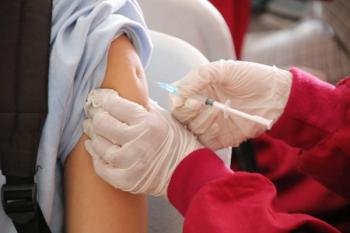
COVID-19 disease severity was mild in individuals in Qatar infected with the Omicron BA.1 and BA.2 sublineages with vaccination and booster doses reducing risks even further, a new study showed.

COVID-19 disease severity was mild in individuals in Qatar infected with the Omicron BA.1 and BA.2 sublineages with vaccination and booster doses reducing risks even further, a new study showed.

WHO and CDC have laid out some ambitious goals for the treatment of hepatitis C, and HCV co-discoverer and vaccine developer Michael Houghton, PhD, offers some insights and commentary on whether he feels it is realistic to consider the eradication of this stubborn and subtle virus.

The Liver Health Initiative’s Thelma King Thiel, and HCV co-discoverer and vaccine developer Michael Houghton, PhD, are a “Dynamic Duo” that are working together to bring about an end to this virus.
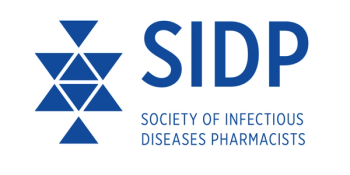
In the latest column from the Society of Infectious Diseases Pharmacists (SIDP), here is a discussion on the use of rifampin as an adjunctive antibiotic treatment for patients with diabetic foot osteomyelitis.

Nobel Prize Laureate Michael Houghton, PhD, discusses the arduous journey to find the virus and a subsequent investigational vaccine designed to prevent hepatitis C (HCV).
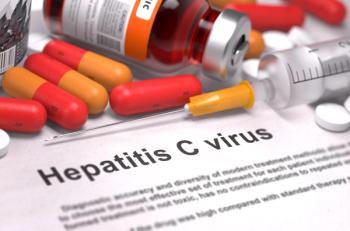
Injection drug users who received accessible care treatment at a syringe service program were almost 3 times as likely to complete their hepatitis C treatment than people who received usual care.

When physicians were told that a case was likely viral they were less likely to prescribe antibiotics, a new study shows.

"Real-world" population study finds the oral antivirals authorized for non-hospitalized COVID-19 patients can benefit when started in the hospital.

Catch up on all the important news and clinical care topics you may have missed this week.
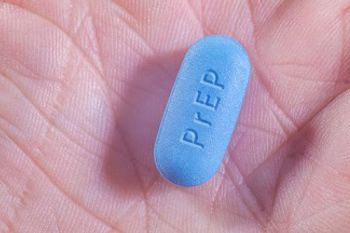
Reviewers weigh evidence for the benefit of oral PrEP protection from HIV with risk of exacerbating hepatitis B.

The federal agency's recommendation for both the Moderna and the Pfizer-BioNTech updated bivalent vaccines allows people to get the booster dose this fall.
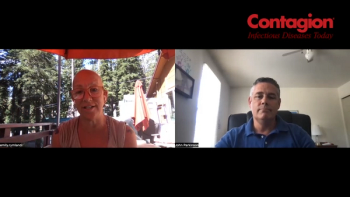
Taking into account the first PrEP pill was FDA approved in 2012, a clinician reflects on its significance and where the shortcomings of education and utility of it needs to be fortified.
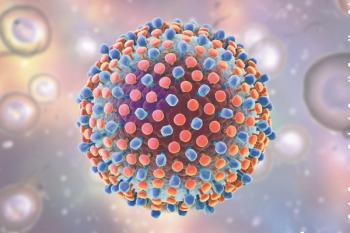
A new report underscores a persistent problem of patients not receiving antivirals despite their high curative rate.

This Emergency Use Authorization for the Moderna and Pfizer-BioNTech vaccines brings them both one step closer for people to become eligible for these boosters.
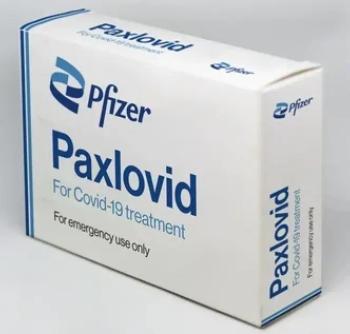
Oral antiviral nirmatrelvir/ritonavir is shown to be effective treatment for seniors against Omicron.

A biotech company is utilizing this platform to rid people of the virus using a technology that differs from CRISPR-Cas9.
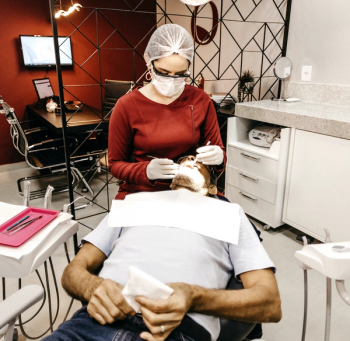
Dentists write about 25.7 million prescriptions annually, amounting to about 10% of all outpatient antibiotic prescriptions in the United States. A recent study showed that educating dentists about the risks of antibiotics—including antimicrobial resistance and Clostridioides difficile infections—led to sharp decreases in prescriptions.
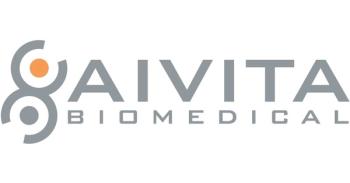
AIVITA’s COVID-19 vaccine candidate contains only the subject’s primed immune cells.
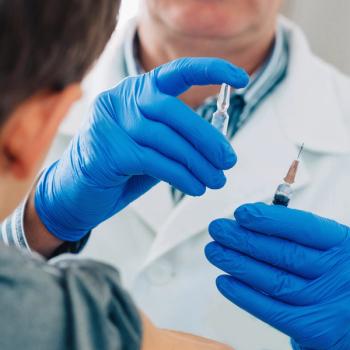
The young adult contracting paralytic polio in Rockland County, New York in June is the first since the WHO declared the Americas polio-free in 1994.

2 Washington, DC monkeypox patients presented with lesions and proctitis, and were treated with oral tecovirimat.

The Cambridge-MA., company accuses Pfizer and BioNTech of copying patented technology in the development of their COVID-19 vaccine.
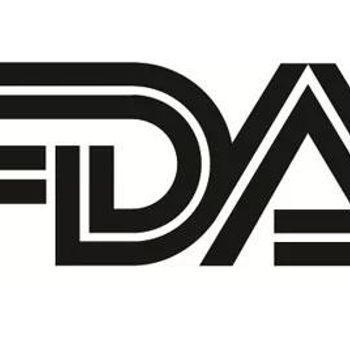
Pfizer-BioNTech and Moderna have developed new booster shots optimized for Omicron. They could be approved as soon as Labor Day.

From its results, the company plans to file a Biologics License Application (BLA) with the FDA.
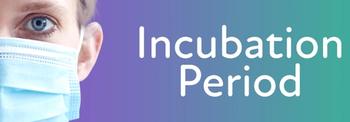
The incubation period of the original, wild-type COVID-19 strain was 6.65 days, while the Omicron variant's incubation period has shortened to 3.42 days.
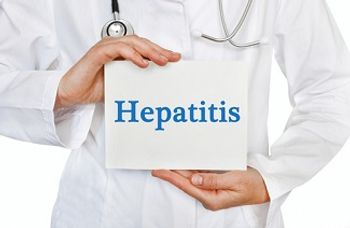
Rates of hepatitis C reinfection were low among people receiving opioid agonist therapy, according to a new study, which highlights the importance of risk reduction interventions and HCV treatment for people who inject drugs and people receiving opioid agonist therapy.

If granted the Emergency Use Authorization (EUA), this vaccine would be available for individuals 18 years and older.

Read this week’s top infectious disease stories you may have missed, including Dr. Anthony Fauci’s announcement.

Everyone in this industry have experienced a profound sense of exhaustion, trauma, grief, fear, and frustration. Surgeon General Vivek Murthy, MD, continues to make this issue a priority with a recent article.
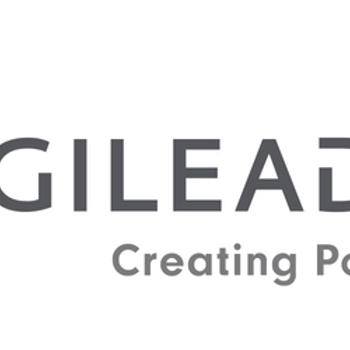
The European Commission approved lenacapavir to treat multidrug-resistant HIV infection. The long-acting HIV treatment regimen will be marketed as Sunlenca and available in injection or tablet form.
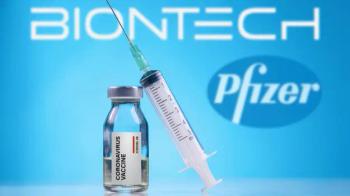
The companies are requesting the Emergency Use Authorization (EUA) for 30-µg booster dose of an Omicron BA.4/BA.5-adapted bivalent COVID-19 vaccine for individuals 12 years of age and older.